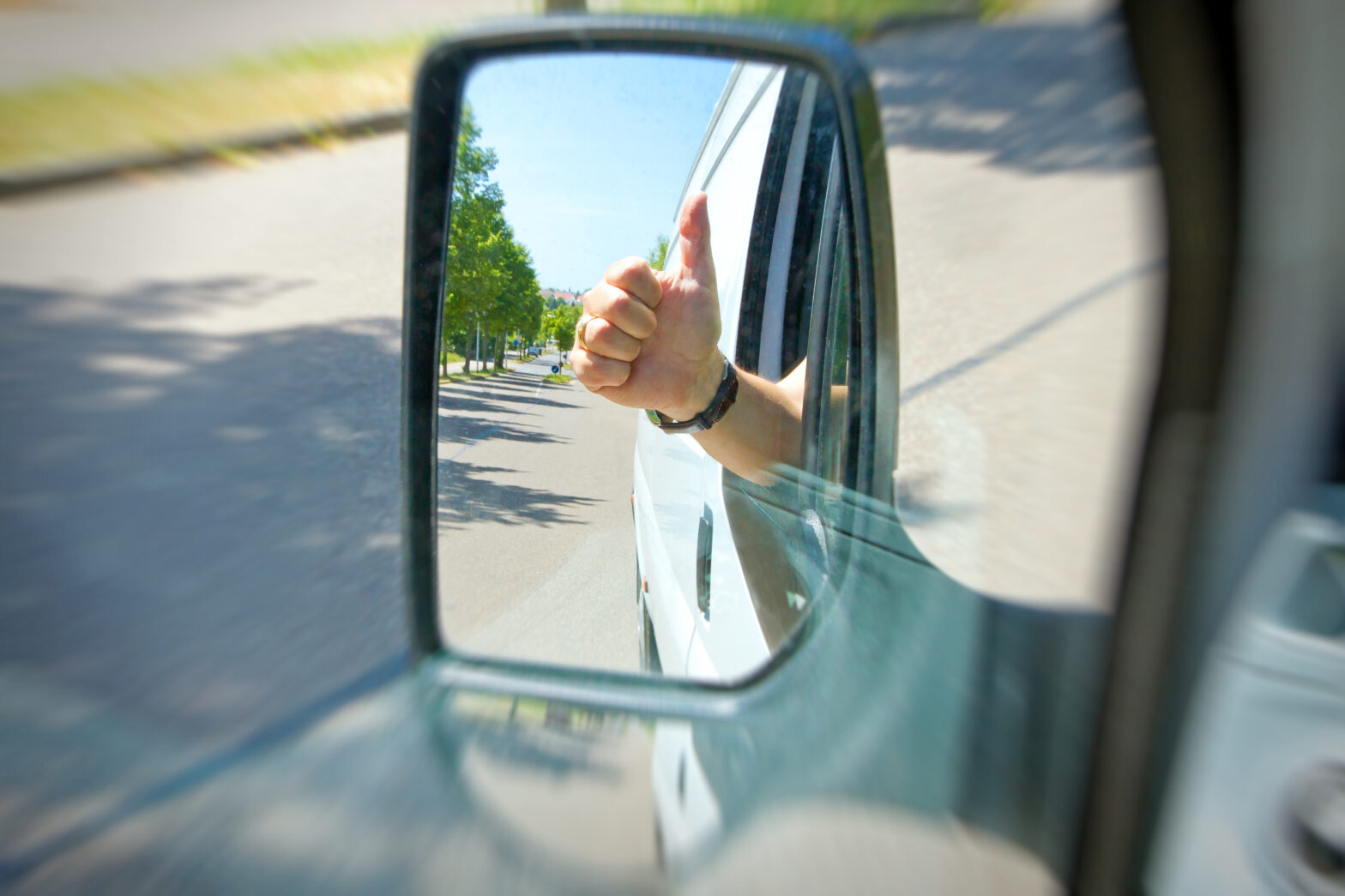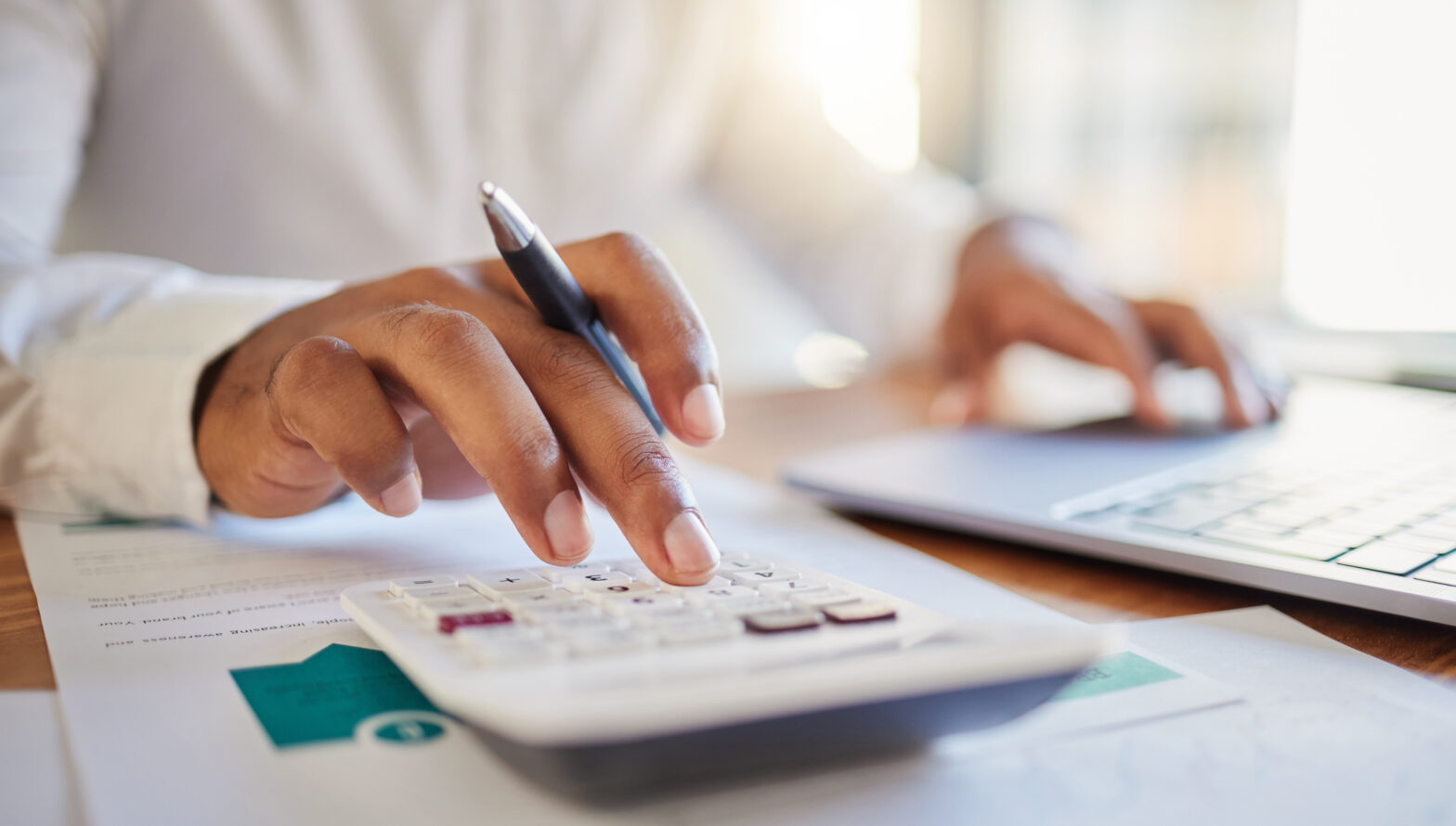I assume you have a business against which you can claim the costs of a vehicle against profits. In most circumstances there are no tax advantages to people in employment regardless of the vehicle they chose to purchase.
For the purpose of plant and machinery allowances a car is a ‘mechanically propelled road vehicle, except a vehicle which is neither (1) of a construction primarily suited for the conveyance of goods or burden of any description nor (2) of a type not commonly used as a private vehicle and unsuitable for such use’ (Capital Allowances Act 2001, section 81).
The practical tests of a van include that the vehicle has no windows in its sides or rear seats. So for example, a Land rover is treated as a ‘van’ but a Range rover is a ‘car’. For businesses, purchasing a van has a number of advantages.
Firstly if you are VAT registered and it is a new van, you can reclaim the VAT on the sale. If the van is second hand, reclaiming VAT depends on whether the person who sold you the van had paid VAT when they purchased it. If you buy the van privately you cannot reclaim VAT.
As a sole trader or partnership, you can claim the costs of running the van and the capital cost (through a claim for capital allowances) against the profits of the business. Although like a car, if you use the van for private purposes there may be an add back for Income Tax or a capital allowance restriction.
If you are a limited company there may be a ‘benefit in kind’ charge on a van if there is any significant personal use. The first year capital allowance (the tax equivalent of a depreciation charge) is 40% for a van and only 25% for a car.
The capital allowance for subsequent years is 25% for both. It is important to maximise the tax benefits to a business but you should not make a purchasing decision based purely on the tax position. If a van meets your personal needs or if you have access to another vehicle for personal use and a van would be more suitable for the business needs, then it would appear to be the best choice.
Obviously you need to consider the second hand value of potential vehicles as well as the comparative running costs.
Note: The ICAEW cannot accept any responsibility for the answers to the smallbusiness.co.uk website. By their nature the questions do not give sufficiently precise and full information to give a personal response. The response is general guidance including where the enquirer might find further and fuller information of relevance to the current enquiry.
See also: How to finance a business van for your small company





